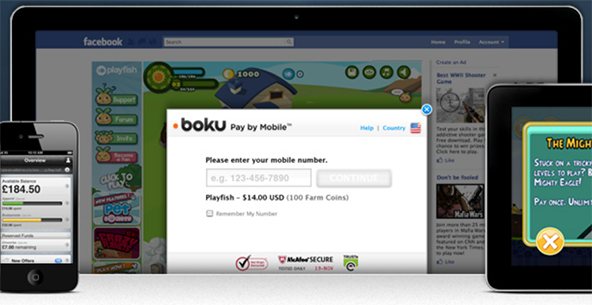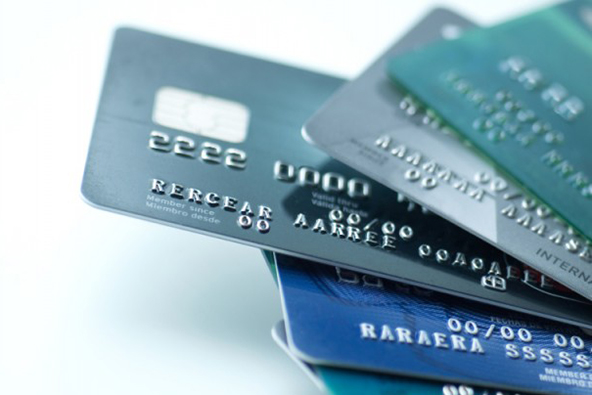How to Manage Chargebacks Caused by a Cardholder Non-Recognition of a Transaction

Visa uses chargeback reason code 75 to designate chargebacks caused by non-recognition of a credit card transaction by the cardholder. MasterCard does not have an equivalent reason code.
Chargeback reason code 75 is issued when a card issuer receives a complaint from a cardholder stating that the name of the merchant that appears on the credit card statement is not recognized. This reason code applies to merchants operating in both card-present and card-not-present environment.
What causes these chargebacks? Most often the issue is that the credit card statement shows a name for the merchant that is different from the one the cardholder is familiar with, or it is completely unrecognizable.
How to manage this type of chargebacks? When you receive a reason code 75 chargeback, you will need to provide to your payment processor all available documentation or information that would assist the cardholder in recognizing the transaction. The time frame for your response is 120 days. For example:
- Sales receipt.
- Shipping invoice or delivery receipts.
- Description of merchandise or service purchased.
How to prevent chargeback reason codes 75? Chargeback reason code 75 is perhaps the most easily remedied type of chargeback. The way to prevent it from occurring is to set up your merchant account‘s billing descriptor correctly.
The way your company’s name appears on your customer’s credit card statement is called a billing descriptor and is the single most important factor in cardholder recognition of transactions. The billing descriptor is typically limited to 25 characters, excluding the merchant’s customer service phone number. If your customer does not recognize your company’s name on his or her credit card statement, the transaction will most likely be disputed and result in a chargeback. There are two types of billing descriptors:
- Default billing descriptor. Typically, your payment processor will use your “Doing Business As” (DBA) name in the billing descriptor field. If it is longer than 25 characters, part of it will be abbreviated. A default billing descriptor looks like this:
ABC SERVICES 800-111-2345.
The default billing descriptor is sufficient for the vast majority of businesses. Be advised, however, that processors can manage billing descriptors for Visa and MasterCard transactions (some can do that for Discover transactions as well). American Express, however, processes its own cards’ transactions and manages billing descriptors separately from Visa and MasterCard processors. American Express typically uses the merchant’s legal name as a billing descriptor, so if it is different from your DBA name, you may want to contact them and try to convince them to modify it. - Soft billing descriptor. We receive many inquiries about soft billing descriptors, although most often they are not really needed and can create unnecessary confusion. The soft billing descriptor allows the description field in the cardholder’s merchant account administration to be modified to include a more detailed description of the transaction. The merchant’s name is usually truncated to three letters plus an asterisk followed by a short description of the service or product being billed.
Now, it may seem a good idea to provide more detailed information through a soft billing descriptor, however it is rarely needed. The purpose served by the billing descriptor is to enable a cardholder to recognize a transaction. That’s all. Most often, your DBA would do the job just fine. Soft billing descriptors should only be used by businesses that sell multiple lines of product, with strong brand recognition that is independent from the company’s name. In other words, if you sell multiple lines of product and your customers can recognize the names of your products, but not the name of your business, you should use a soft billing descriptor. So if you have two separate lines of product, your soft billing descriptor should be set up to show two separate messages in your customers’ credit card statements, depending on the purchase. For example:
ABC* Killer Antivirus 800-111-2345.
ABC* Assassin Spyware 800-111-2345.
In these examples, ABC* is the abbreviated name of your business and Killer Antivirus and Assassin Spyware are the brand names of your two product lines. Your customers will easily recognize Killer Antivirus or Assassin Spyware, even though they may have no clue what ABC* is.
Image credit: Readthinkwriteteach.com.


Really nice article.
There is a website I came across that maintains a list of billing descriptors that helps cardholders search the merchant they made the purchase from. Its really helpful. The sires name is ibddb.com.